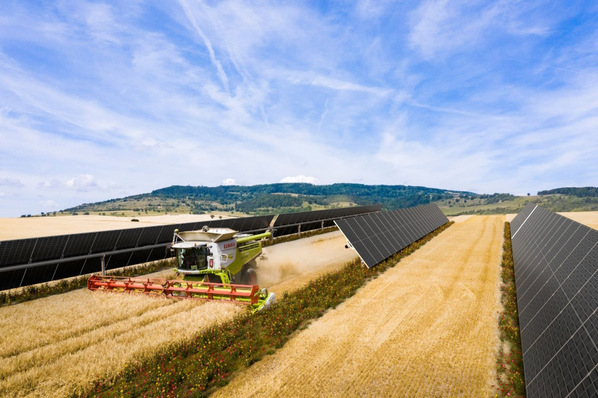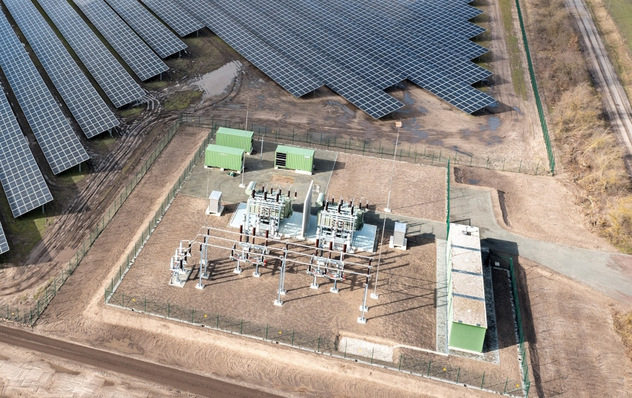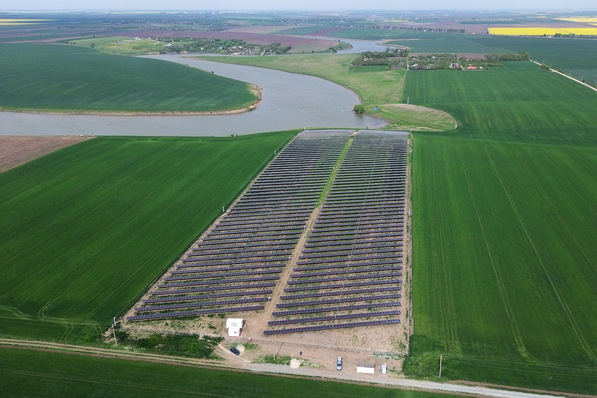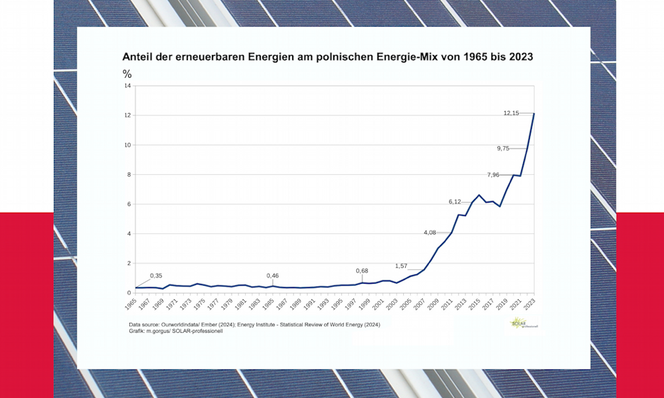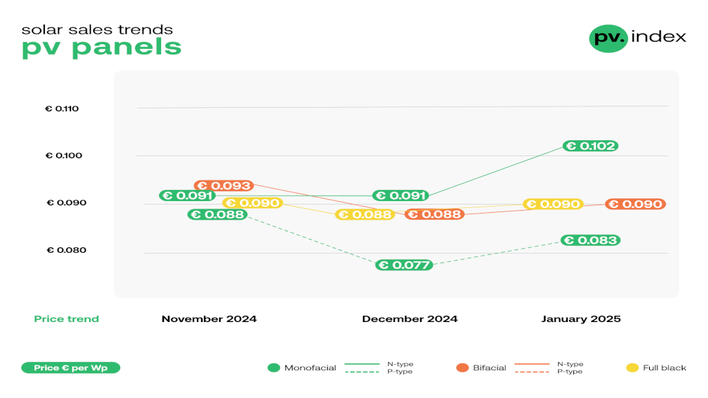The multinational automaker Stellantis was formed in 2021 through the merger of Fiat Chrysler Automobiles and the PSA Group (Peugeot Société Anonyme). Headquartered in Hoofddorp, Netherlands, the company brings together 14 well-known car brands, including Abarth, Alfa Romeo, Chrysler, Citroën, Dodge, DS Automobiles, Fiat, Jeep, Lancia, Maserati, Opel, Peugeot, Ram and Vauxhall. With operations in over 130 countries and production facilities in 30, Stellantis ranks among the world’s largest automakers.
Also of interest: Grzegorz Rabsztyn: “The EIB is playing a key role in supporting renewables and grid development”
Electric car production discontinued in March 2025
Stellantis operates several production facilities in Poland, including the plant in Tychy. Production of the Leapmotor T03 electric subcompact, a collaboration with its Chinese partner Leapmotorm began on the site in September 2024. However, the model was discontinued at the end of March 2025. While the exact reasons for ending the partnership remain unclear, political tensions between China and the EU, including Poland’s support for EU tariffs on Chinese EVs, may have played a role.
Also interesting: Jan Stottko of SMA: “The most Polish inverter on the market”
Sustainable car production with PV
Despite these challenges, Stellantis continues to focus on sustainable initiatives in Poland. The company has commissioned Polish solar installer Quanta Energy S.A. to deliver 58 megawatts of photovoltaic capacity. The project includes ground-mounted PV systems across four Stellantis production sites, along with what the company says will be the largest carports in Central Europe, providing nearly 7 MW of capacity. In total, around 54 hectares of land have been allocated for the solar installations.
Also interesting: Caroline White of SegenSolar: “Poland is emerging as a key market”
Polish production facilities will be up to 56% energy efficient
The first photovoltaic system, with a capacity of 2 MW, was completed and commissioned three months ahead of schedule. Since the end of January, it has been supplying the Stellantis engine plant in Tychy with clean solar power. The next step will be the installation of a battery energy storage system (BESS), enabling the Stellantis plant in Tychy to achieve energy self-sufficiency of up to 56%.
Independent, safe and clean production
Sławomir Czernecki, Director of the engine plant in Tychy, explains: "Thanks to this investment, Stellantis' Polish plants will not only become more energy independent, but also more environmentally friendly. The reduction of CO₂ emissions, increased energy security, and lower operating costs are tangible benefits. These advantages are invaluable in a constantly changing business environment and in the face of growing international competition."
Also interesting: Michal Marona of SolarEdge: „A market with lots of potential“
Horsepower and solar power
In the future, the Stellantis car company will not only be a major player in the global automotive industry with a strong presence in Poland, but the company will also play an important role in sustainable energy projects. (mg)



